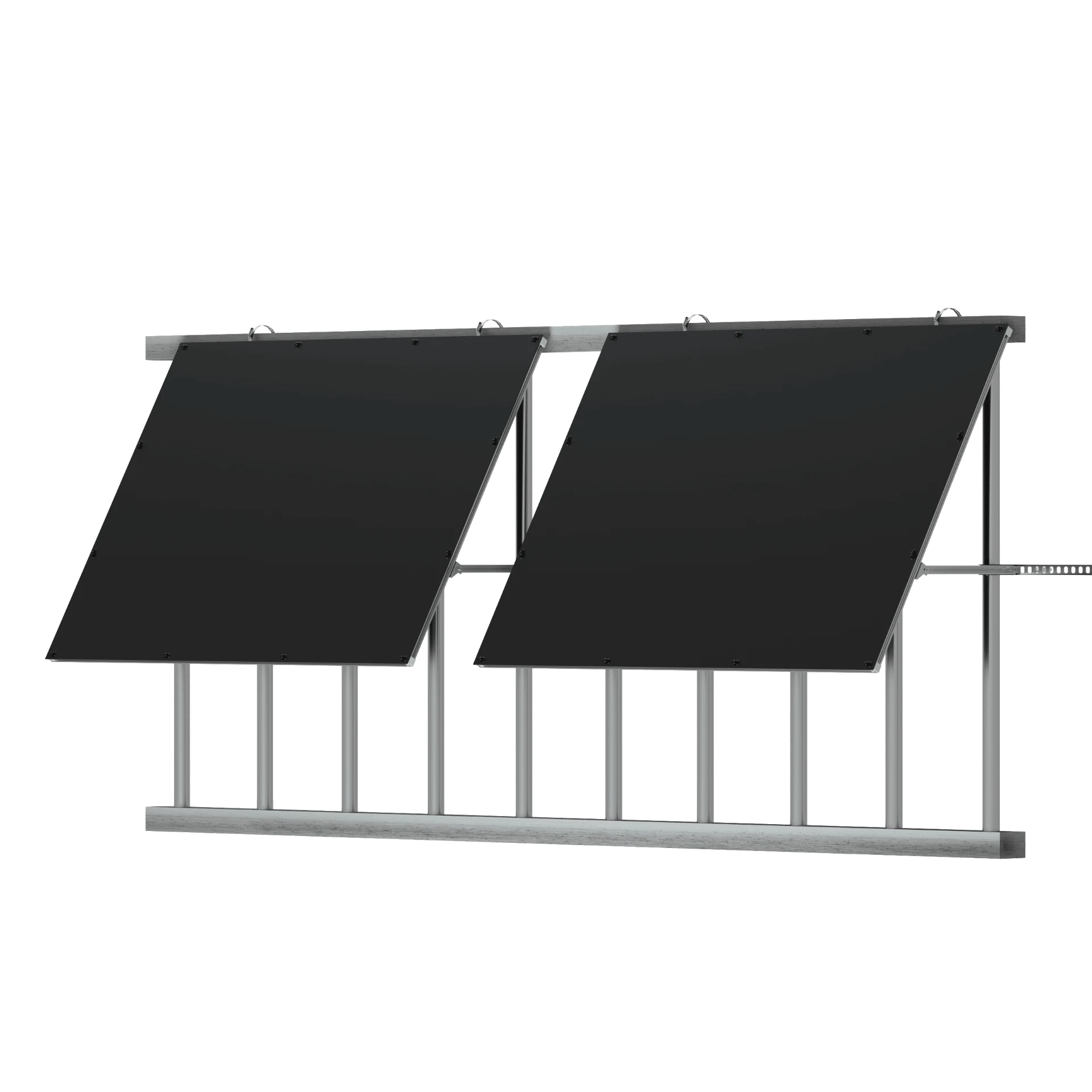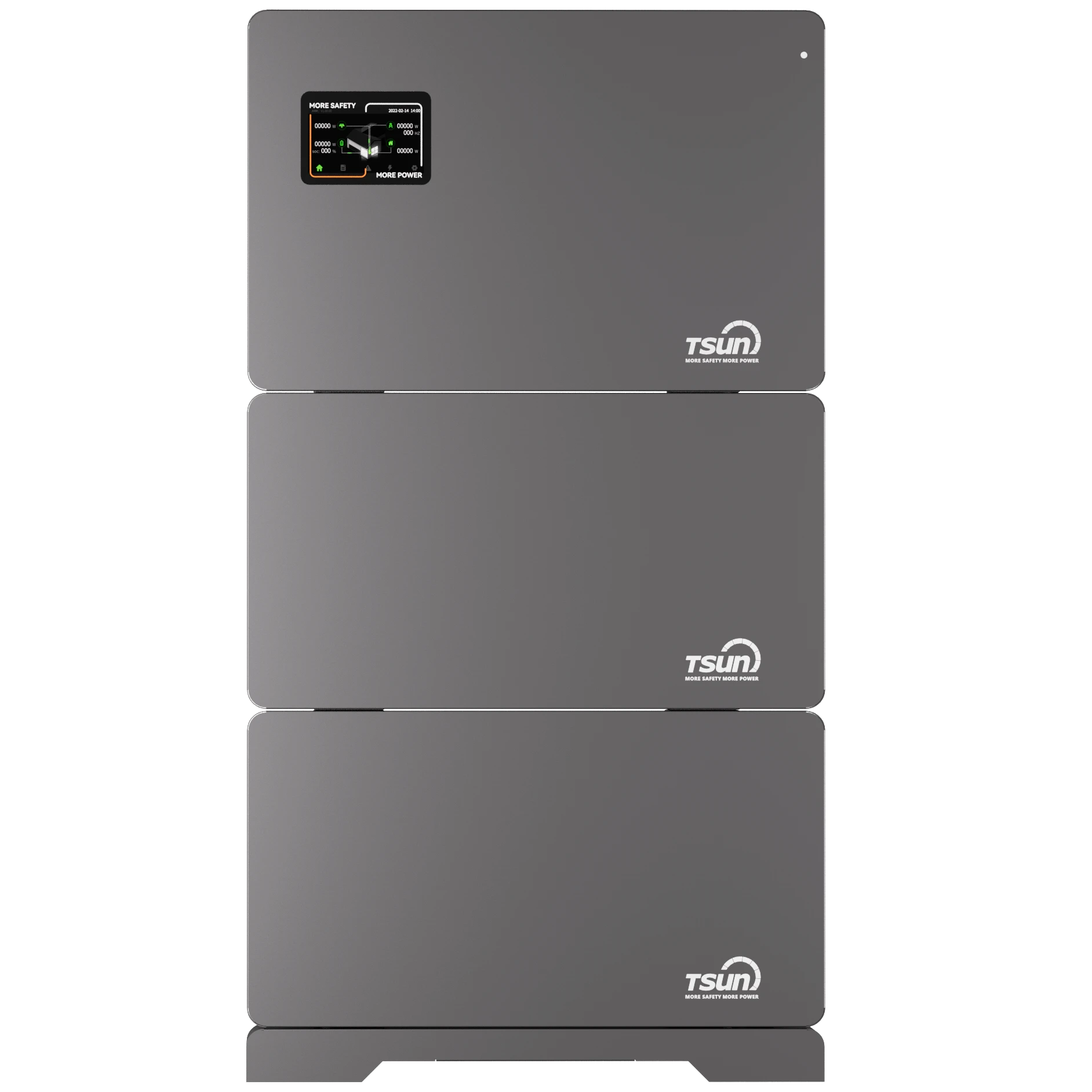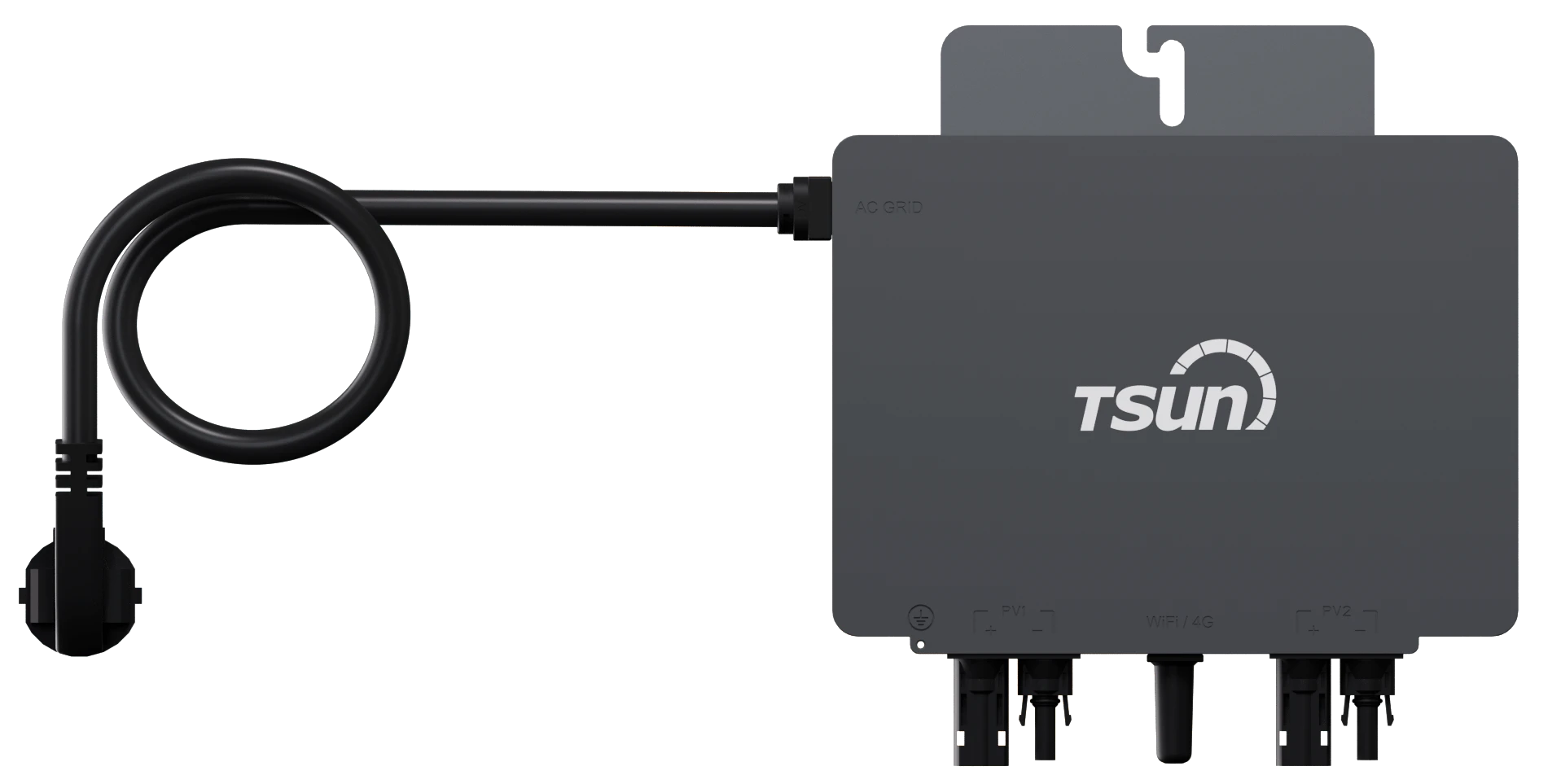The Pivotal Role of Modern Power Metering in Industrial Optimization and Energy Management
In the rapidly evolving landscape of industrial operations and global energy management, the strategic deployment of advanced Power meter solutions has become an indispensable cornerstone for achieving operational efficiency, ensuring regulatory compliance, and driving sustainable growth. These sophisticated devices transcend the traditional role of simple electricity measurement, evolving into critical data acquisition hubs that provide granular insights into energy consumption patterns, power quality anomalies, and overall system performance. The imperative for precise energy monitoring is amplified by burgeoning energy costs, stringent environmental regulations, and the global push towards smart grids and renewable energy integration. Industries ranging from petrochemical and metallurgy to water treatment and commercial real estate are increasingly leveraging the capabilities of modern power metering to identify inefficiencies, implement targeted energy-saving measures, and optimize resource allocation. Furthermore, the advent of IoT (Internet of Things) and advanced communication protocols such as Modbus, Profibus, and Ethernet IP has transformed power meters into intelligent network nodes, enabling real-time data streaming, remote monitoring, and seamless integration with SCADA (Supervisory Control and Data Acquisition) systems, Energy Management Systems (EMS), and Building Management Systems (BMS). This pervasive integration facilitates proactive decision-making, predictive maintenance, and the creation of highly responsive, resilient energy infrastructures. The foundational shift from reactive troubleshooting to proactive optimization underscores the transformative impact of accurate and reliable power metering technology on the contemporary industrial paradigm, fostering environments where energy is not merely consumed but intelligently managed and conserved.
Technical Specifications and Performance Parameters of Advanced Power Meter Solutions
Understanding the intricate technical specifications and performance parameters is crucial for selecting the optimal Power meter for specific industrial or commercial applications, ensuring accurate data acquisition and reliable system integration. Modern power meters offer a comprehensive suite of measurement capabilities, typically encompassing voltage (V), current (A), active power (kW), reactive power (kVAR), apparent power (kVA), power factor (PF), frequency (Hz), and energy consumption (kWh, kVARh). Key parameters often include accuracy class, which for high-precision industrial applications can range from 0.5S to 0.2S for active energy, indicating minimal measurement deviation. The measurement range is critical, determining the operational envelope in terms of voltage and current inputs, often supporting both low and medium voltage systems up to 690V directly, with higher voltages accommodated via current transformers (CTs) and potential transformers (PTs). Communication protocols are paramount for data interoperability, with Modbus RTU/TCP, Profibus, Ethernet/IP, and IEC 61850 being common standards enabling seamless integration with existing control systems and IT infrastructure. Furthermore, advanced meters offer capabilities like harmonic analysis (up to 63rd order), transient capture, sag/swell detection, and waveform recording, providing invaluable insights into power quality issues that can impact equipment longevity and operational reliability. Features such as non-volatile memory for data logging, real-time clock (RTC), and digital inputs/outputs for status monitoring or control functions further enhance their utility. The sampling rate, often in kilohertz, dictates the meter's ability to capture rapid changes in electrical parameters, vital for dynamic load analysis. These sophisticated measurement capabilities, coupled with robust communication interfaces, empower decision-makers with the precise, real-time data necessary for sophisticated energy management strategies, demand-side management, and cost allocation across complex industrial facilities.
Typical Power Meter Technical Parameters
| Parameter |
Description |
Typical Range/Value |
| Accuracy Class |
Measurement precision for active energy, as per IEC 61557-12 or similar standards. Lower values indicate higher accuracy. |
0.5S, 0.2S for energy; 0.2 for V/A |
| Nominal Voltage Input |
Direct connection voltage range. For higher voltages, external PTs are used. |
AC 57.7V/100V to 277V/480V (L-N/L-L) |
| Nominal Current Input |
Direct connection current range. For higher currents, external CTs are used. |
AC 1A or 5A (via CT) |
| Frequency Range |
Operating frequency range of the electrical system. |
45 Hz to 65 Hz |
| Communication Protocols |
Standards for data exchange with control systems. |
Modbus RTU/TCP, Profibus DP, Ethernet/IP, IEC 61850 |
| Data Logging Memory |
Internal memory for storing historical data, alarms, and events. |
Typically 4MB to 32MB non-volatile |
| Harmonic Analysis |
Ability to measure and analyze harmonic distortions in voltage and current waveforms. |
Up to 63rd order |
| Operating Temperature |
Environmental temperature range for reliable operation. |
-25°C to +70°C |
| IP Rating |
Ingress Protection rating against dust and water. |
Typically IP51 (front panel) |
The Precision Craftsmanship and Manufacturing Process of Industrial-Grade Power Meters
The manufacturing of an industrial-grade Power meter is a meticulously engineered process, emphasizing precision, durability, and unwavering reliability to meet the rigorous demands of diverse operational environments. The journey begins with the careful selection of premium-grade materials, often including robust engineering plastics for casings that offer excellent insulation and flame retardancy, and high-purity copper for internal conductors to minimize resistance and heat generation. Key components such as current transformers (CTs) and potential transformers (PTs) within the meter are typically manufactured using high-permeability nanocrystalline or amorphous alloys to ensure linearity and accuracy across a wide measurement range. The manufacturing process involves several critical stages: initial design and simulation, leveraging advanced CAD/CAM tools to optimize internal layout and thermal performance; followed by precise PCB (Printed Circuit Board) fabrication using automated SMT (Surface Mount Technology) lines for component placement, ensuring consistent quality and minimizing human error. Crucial components undergo rigorous testing, including burn-in processes to weed out premature failures and calibration against certified reference standards. The assembly phase integrates the display, communication modules, and power supply, often involving specialized automated machinery for precision alignment and connection. Post-assembly, each Power meter unit undergoes a comprehensive suite of quality control checks, adhering to international standards such as ISO 9001 for quality management systems and ANSI C12.20 for electricity meters. These tests encompass accuracy verification at various load points, power quality analysis, environmental stress testing (temperature, humidity, vibration), and electromagnetic compatibility (EMC) testing to ensure immunity to industrial noise. The result is a product designed for exceptional longevity, typically boasting a service life of 10-15 years or more, even in harsh industrial conditions.

This rigorous manufacturing and testing regimen ensures the Power meter's suitability for a broad spectrum of industries, including petrochemical, where robust anti-corrosion features are paramount for operation in corrosive atmospheres; metallurgy, demanding high precision and immunity to electrical noise from heavy machinery; and critical infrastructure sectors like water and wastewater treatment, where continuous, reliable operation is essential for maintaining public services. In these typical application scenarios, the advantages are multifaceted. For instance, in petrochemical plants, the meter's ability to withstand harsh environments due to its robust casing materials and high IP ratings contributes to operational safety and reduces maintenance downtime, while its precise energy monitoring helps identify excessive consumption by pumps or compressors, leading to significant energy savings. In metallurgy, accurate power quality monitoring by the Power meter helps detect harmonic distortions caused by arc furnaces or induction heaters, preventing equipment damage and ensuring consistent product quality. For water and drainage systems, the continuous monitoring of pump station energy usage facilitates anomaly detection, predictive maintenance, and optimized pump scheduling, ultimately reducing operational costs and enhancing system reliability. The inherent design philosophy, prioritizing material excellence, advanced manufacturing techniques, and stringent quality control, culminates in a Power meter that delivers unparalleled performance, fostering energy efficiency, mitigating operational risks, and contributing substantially to environmental sustainability across diverse industrial verticals.
Diverse Application Scenarios and Transformative Technical Advantages of Power Meters
The versatility and technical prowess of modern Power meter devices enable their deployment across a myriad of application scenarios, fundamentally transforming how industries and commercial entities manage their energy consumption and power quality. In large-scale industrial automation, these meters are integrated into SCADA systems to provide real-time energy data for individual machines, production lines, or entire facilities, facilitating precise cost allocation, anomaly detection, and optimization of manufacturing processes. For energy management systems (EMS) in commercial buildings and smart cities, Power meter units serve as the backbone for granular energy monitoring, enabling demand-side management, peak load shaving, and the optimization of HVAC systems, lighting, and other major energy consumers. Data centers, with their immense power requirements and critical uptime demands, heavily rely on high-accuracy power meters to monitor PUE (Power Usage Effectiveness), optimize rack-level power distribution, and ensure redundant power supply reliability. Furthermore, the burgeoning electric vehicle (EV) charging infrastructure increasingly utilizes specialized Power meter solutions for accurate billing, load balancing, and grid interaction management. Technically, the advantages of deploying such advanced meters are profound. They offer superior measurement precision, often exceeding traditional meters, ensuring that every watt-hour is accounted for, which is critical for compliance and financial auditing. Real-time monitoring capabilities provide immediate insights into energy flow, allowing for rapid identification and rectification of inefficiencies or overloads. Comprehensive data logging and historical trend analysis enable long-term energy planning, target setting, and verification of energy-saving initiatives. Remote access via web interfaces or cloud platforms empowers facility managers to monitor and control energy assets from anywhere, enhancing operational flexibility and responsiveness. The ability to measure and analyze power quality parameters like harmonics, voltage sags, and swells helps protect sensitive equipment from damage, extends equipment lifespan, and prevents production downtime. Seamless compatibility with various industrial communication protocols ensures effortless integration into existing infrastructure, reducing deployment complexity and costs. Ultimately, these meters transcend simple measurement, acting as intelligent gateways to a more energy-efficient, reliable, and sustainable operational future across virtually every sector.
Strategic Manufacturer Selection and Tailored Customization for Power Meter Solutions
Choosing the right manufacturer for a Power meter is a strategic decision that extends beyond mere product specifications, encompassing factors such as brand reputation, technological innovation, customer support, and the ability to provide bespoke solutions. Reputable manufacturers distinguish themselves through adherence to international quality standards like ISO 9001 and possessing relevant product certifications such as CE, UL, or METI, which attest to product safety, performance, and compliance with global regulations. Evaluating a manufacturer's service history, industry partnerships, and total service years in the market provides valuable insights into their reliability and long-term commitment to product development and customer satisfaction. A comprehensive product range that includes various form factors (DIN rail, panel-mounted), accuracy classes, and communication options demonstrates a manufacturer's capability to address diverse client needs. Crucially, in the B2B landscape, the provision of customized solutions is often a decisive factor. Industrial environments frequently present unique challenges, demanding power meters with specialized functionalities, atypical form factors, or enhanced environmental ratings (e.g., higher IP ratings for dusty or wet conditions, extended temperature ranges for extreme climates). For instance, a bespoke solution might involve a Power meter integrated with specific current or voltage transducers for high-voltage transmission lines, or a meter with a unique communication module to interface with legacy control systems. Manufacturers capable of rapid prototyping, flexible manufacturing, and in-depth technical consultations can tailor meter firmware for specific algorithms, develop custom APIs for seamless software integration, or design specialized enclosures for hazardous locations. This collaborative approach ensures that the deployed Power meter perfectly aligns with the client's operational requirements, existing infrastructure, and long-term strategic goals, maximizing return on investment and facilitating optimal energy management. The expertise and flexibility in offering such tailored solutions distinguish leading providers in the market, transforming a standard product procurement into a strategic partnership that addresses complex energy monitoring challenges with precision and innovation.
Empirical Application Cases and Demonstrable Client Success with Advanced Power Metering
The tangible benefits of deploying advanced Power meter solutions are best illustrated through real-world application cases and compelling client success stories, underscoring their critical role in operational efficiency and cost reduction. Consider a multinational automotive manufacturing plant that integrated a comprehensive network of industrial power meters across its production lines, paint shops, and assembly areas. Prior to implementation, energy consumption was largely a black box, with only overall facility usage known. Post-deployment, the granular data provided by each Power meter identified significant energy wastage in specific machinery during idle periods and uncovered unexpected peak load surges. By analyzing this data, the plant optimized machine scheduling, implemented precise load shedding strategies, and upgraded outdated motors, resulting in a verified 15% reduction in electricity consumption within the first year, translating to millions of dollars in annual savings. Another compelling example comes from a large commercial building complex in a metropolitan area. Faced with escalating utility bills and a mandate for sustainability, the facility deployed intelligent power meters to monitor energy usage on each floor and for major tenants. This provided immediate visibility into consumption patterns, allowing the building management to implement a dynamic demand response system, optimizing lighting and HVAC based on occupancy and real-time energy prices. Client feedback highlighted not only reduced operational expenditures but also improved tenant satisfaction due to more stable environmental controls and transparent energy reporting. Our service cases consistently demonstrate that by leveraging the deep insights provided by accurate power meters, businesses can move beyond mere compliance to proactive energy management. This often includes uncovering opportunities for capital expenditure on energy-efficient equipment, validating the ROI of renewable energy installations, and enabling participation in grid stabilization programs. These success stories are further reinforced by independent test data and performance benchmarks, demonstrating superior accuracy and reliability compared to industry averages, solidifying the authoritative position of high-quality Power meter solutions in driving measurable business outcomes and fostering long-term operational excellence.
Ensuring Trust and Reliability: FAQs, Delivery Logistics, and Comprehensive Customer Support
Building and maintaining trust with B2B clients in the highly technical domain of power metering hinges on transparency, robust support systems, and clear commitments. To address common inquiries and foster confidence, a dedicated FAQ section often serves as an invaluable resource. For instance, frequently asked questions might include: "How do I choose the correct Power meter accuracy class for my application?" (Answer: Depends on the criticality of measurement; 0.5S for billing, 0.2S for high-precision energy auditing); "What communication protocols are supported?" (Answer: Standard Modbus RTU/TCP, Profibus, Ethernet/IP for seamless integration); or "Is external calibration required after installation?" (Answer: Most industrial meters come factory calibrated, with recommendations for periodic re-calibration typically every 3-5 years, depending on regulatory requirements and application criticality). Regarding logistical aspects, clear communication about delivery cycles is paramount. Standard products typically have a lead time of 2-4 weeks, while customized Power meter solutions may require 6-12 weeks, depending on the complexity of design and manufacturing. Expedited shipping options are often available for urgent requirements, and detailed tracking information is provided from dispatch to delivery. Quality assurance and warranty commitments are foundational elements of trustworthiness. Reputable manufacturers offer comprehensive warranties, typically ranging from 2 to 5 years, covering defects in materials and workmanship, underscoring their confidence in product durability and performance. Beyond the initial purchase, dedicated customer support is crucial for long-term client satisfaction. This includes expert technical assistance for installation and commissioning, remote troubleshooting services via phone or online portals, and access to a comprehensive knowledge base with manuals, software updates, and application notes. For critical industrial deployments, specialized support contracts might offer 24/7 availability, on-site assistance, and dedicated account management, ensuring that any operational issues are resolved swiftly, minimizing potential downtime and safeguarding the client's investment in advanced power metering solutions. This holistic approach, combining expert knowledge, transparent operations, and unwavering post-sales support, solidifies a manufacturer's reputation as a reliable and authoritative partner in energy management.
References
- IEEE Std 1459-2010, IEEE Standard for the Measurement of Electric Power Quantities Under Sinusoidal, Nonsinusoidal, Balanced, or Unbalanced Conditions.
- International Electrotechnical Commission (IEC) 61557-12: Performance measuring and monitoring devices (PMD) for power quality applications.
- United States Department of Energy, "Industrial Energy Management," Best Practices Guidebook, 2018.
- Modbus Organization, Modbus Application Protocol Specification V1.1b3.
- ANSI C12.20-2015, American National Standard for Electricity Meters – 0.1, 0.2, and 0.5 Accuracy Classes.
 LEARN DETAILS
LEARN DETAILS











 LEARN DETAILS
LEARN DETAILS
 LEARN DETAILS
LEARN DETAILS
 LEARN DETAILS
LEARN DETAILS
 LEARN DETAILS
LEARN DETAILS
 LEARN DETAILS
LEARN DETAILS














 Downloads
Downloads Video Center
Video Center Report Fault for Repair
Report Fault for Repair FAQS
FAQS Service Network
Service Network Privacy Policy
Privacy Policy Contact us
Contact us Monitoring
Monitoring


 LEARN MORE
LEARN MORE








